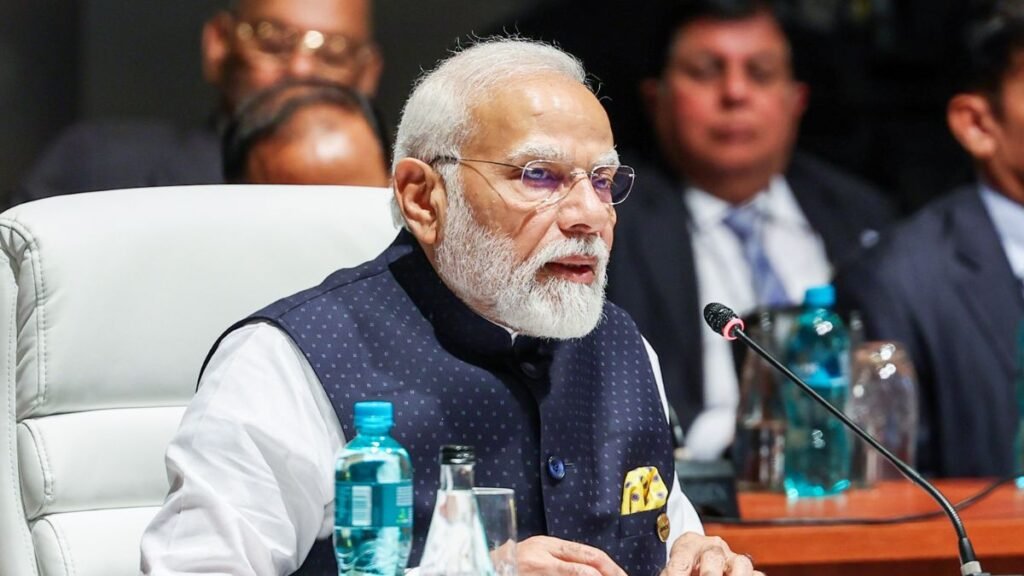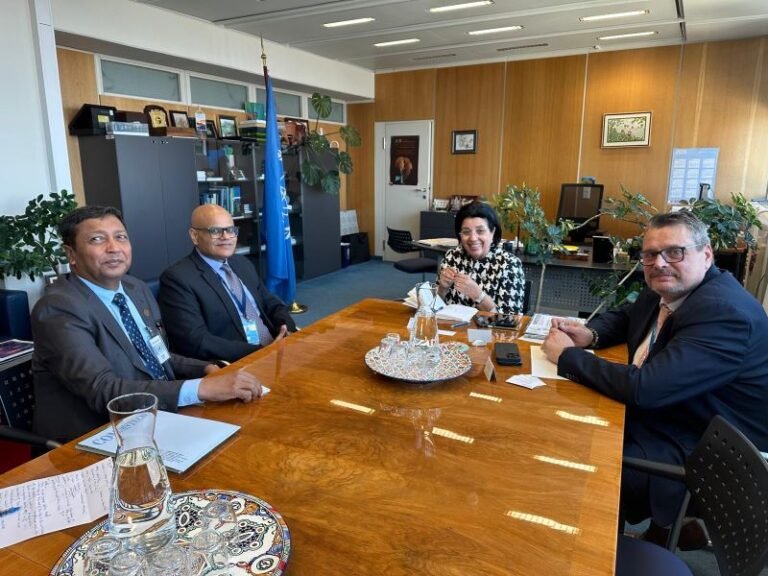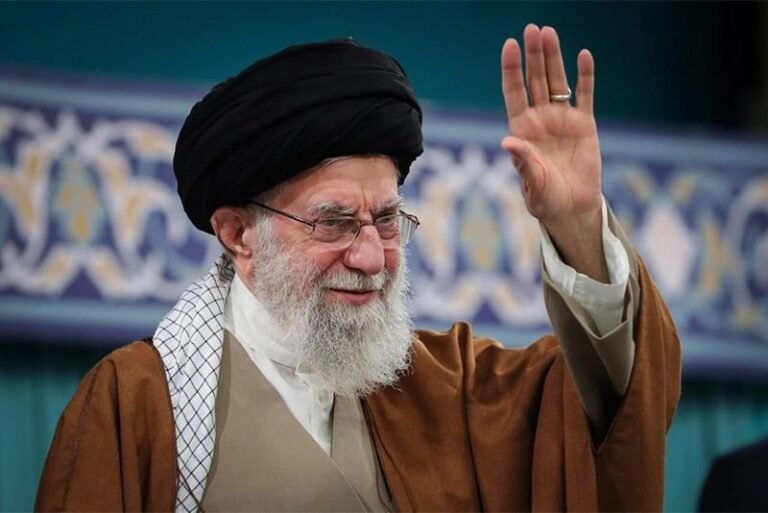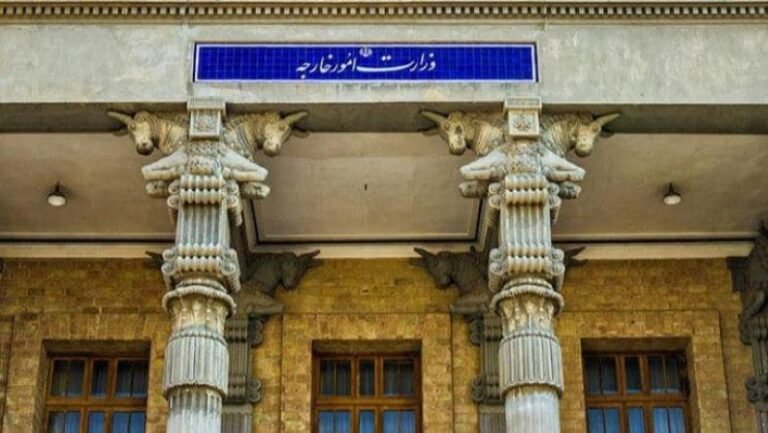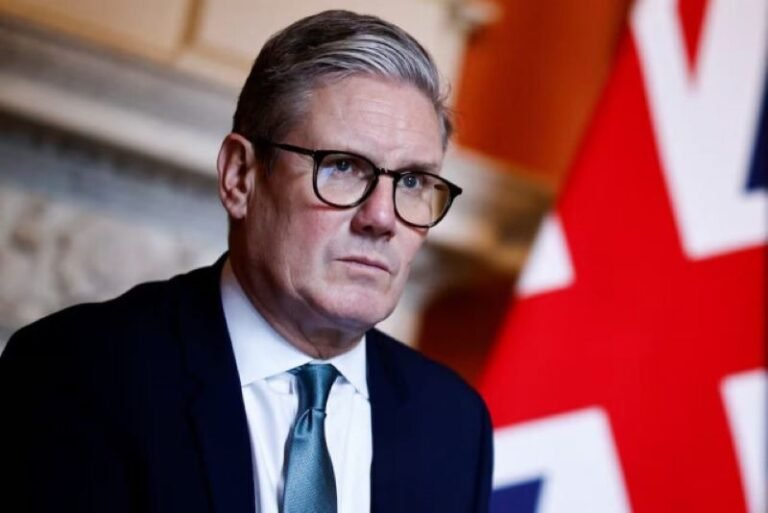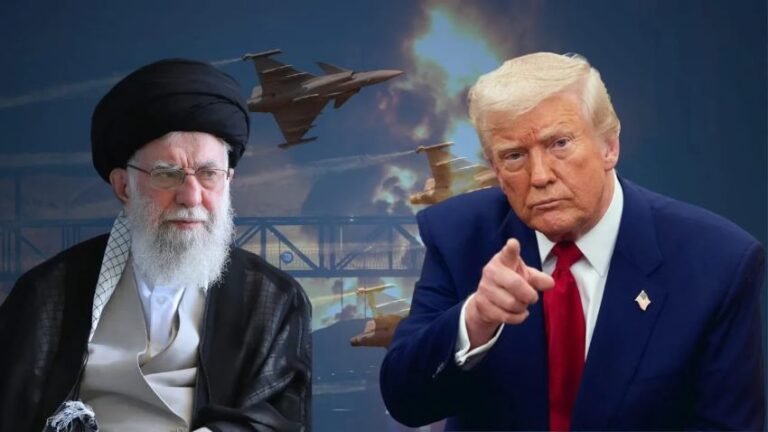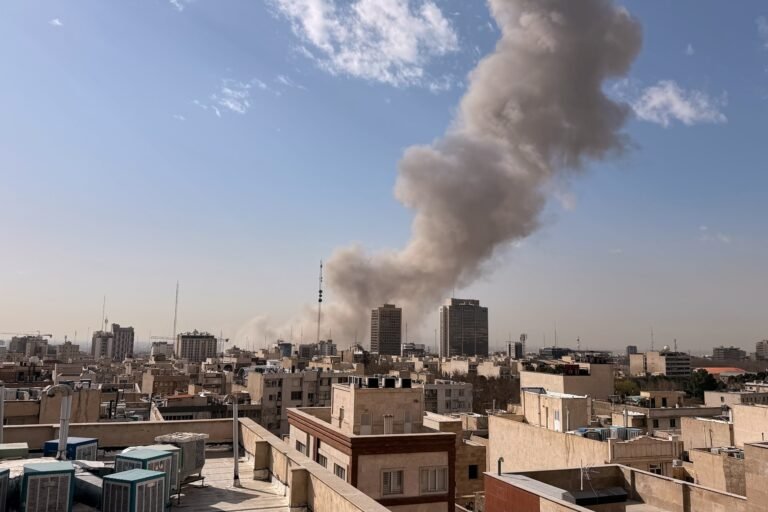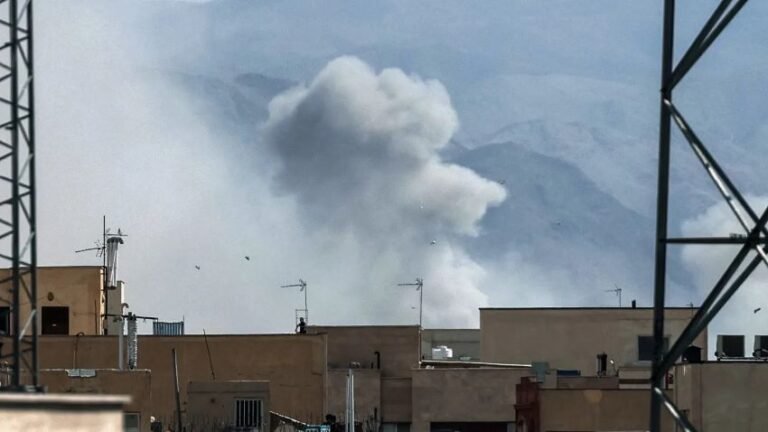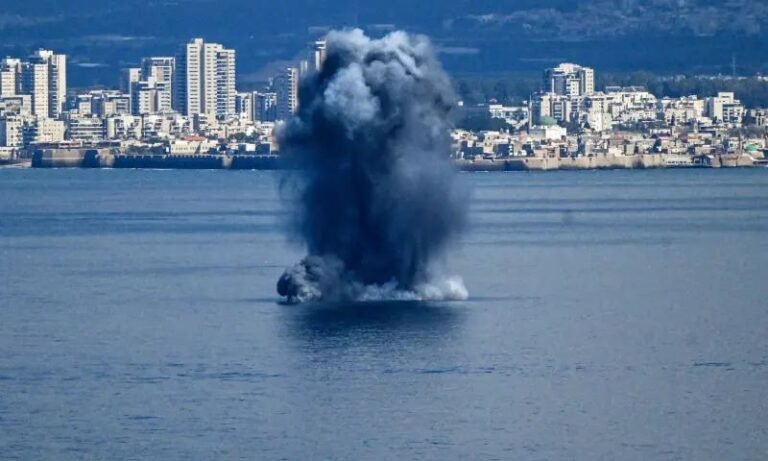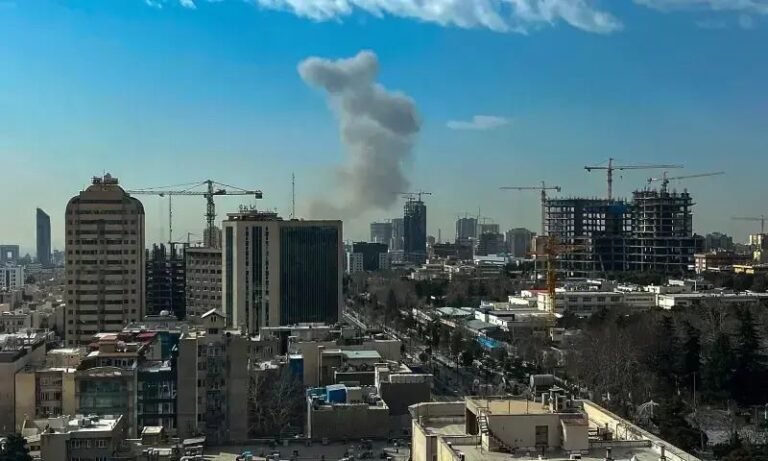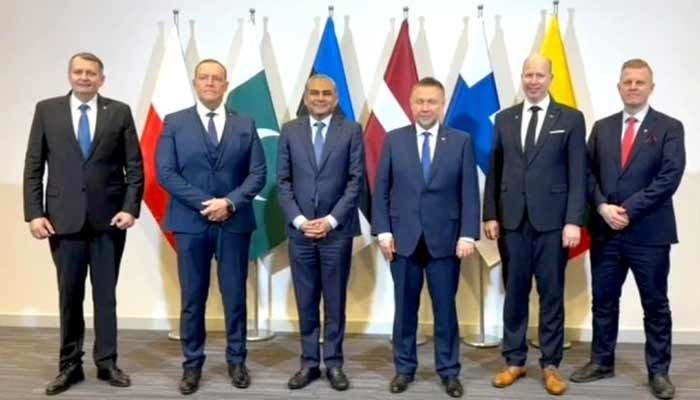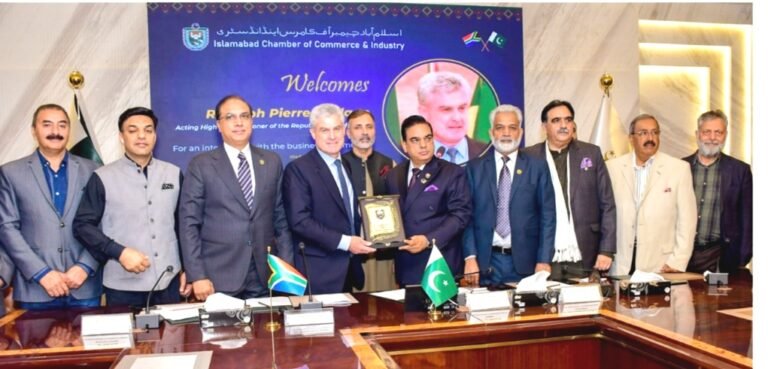Indian Prime Minister Narendra Modi’s visit to South Africa for the 15th BRICS summit raised some concerns.
Certain groups, including the Muslim Lawyer Association and the South Africa Kashmiri Action Group, have conveyed their grievances and filed complaints with the National Prosecuting Authority and the South African Police Service.
They are requesting an investigation into allegations of war crimes committed by Modi’s forces in the Indian Illegally Occupied Jammu and Kashmir (IIOJK). These groups believe that the human rights violations under Modi’s leadership are reprehensible and should be addressed.
The United Nations Secretary-General has been urged to take note of the disturbing and ongoing human rights violations in India’s illegally occupied Jammu and Kashmir (IIOJK), emphasizing a concern that transcends time.
The Indian Army, under British control, committed these violations, resulting in the tragic deaths of countless people, including children and women. The troubling pattern of extrajudicial executions has further exacerbated the suffering of the Kashmiri people.
Additionally, distressing details have emerged, alleging sexual assault by Indian security agents. Kashmiris are peaceful civilians who have repeatedly seen their legitimate requests for the implementation of UN Security Council resolutions ignored.
Instead of safeguarding their right to self-determination, the government has responded with force. Concerns have been raised that the Rashtriya Swayamsevak Sangh (RSS) is collaborating with terrorist organizations like DAESH to eradicate the Muslim population of Occupied Kashmir.
This would serve India’s broader agenda. Human rights violations have continued unabated under Prime Minister Modi’s watchful gaze. The international community must take a strong stance against these atrocities, demanding justice for the victims and envisioning a future for the people of Kashmir free from violence and characterized by respect for their fundamental human rights.
Kashmiris’ demands for self-determination, rooted in United Nations resolutions, address a critical issue in the ongoing discourse on human rights. Most people in the region hold Indian Prime Minister Narendra Modi accountable for these abuses.
India’s refusal to grant access to human rights organizations in Kashmir has been criticized as a breach of international agreements. Concerns have also been expressed about the Rashtriya Swayamsevak Sangh (RSS), an anti-Muslim organization, and its stated intention to declare India a “Hindu Rashtra.”
This anti-Muslim bias is evident from past events, such as the massacre of Muslims in Ahmedabad, Gujarat, the destruction of the Babri Masjid, and alleged repetitions of such actions in Kashmir.
Some assert that Prime Minister Modi and other government officials, such as Army Chief Bipin Rawat, should face trial for war crimes, akin to historical figures like Augusto Pinochet of Chile, Slobodan Milosevic of the Republic of Yugoslavia, and Milan Martic and Milan Babic, who served as Presidents of the Republic of Serbian Krajina.
These comparisons underscore the gravity of the situation and the urgent need for international attention and accountability to address human rights violations in Kashmir.
Alleged violations of human rights and acts of violence against defenseless Kashmiris have rendered the situation in Indian-occupied Kashmir deeply troubling. Disturbing reports of alleged crimes in the region, including killings, mass blinding, and attacks, necessitate a thorough investigation, and those responsible for any wrongdoing must be held accountable.
A resolution passed by the United Nations Security Council (UNSC) in 1948 served as the starting point for the Kashmiri people’s pursuit of independence. Thanks to this resolution, the people of Kashmir were granted the right to vote on their destiny in a fair and democratic referendum.
The actions of Indian Prime Minister Narendra Modi and Indian Army Chief Bipin Rawat warrant inquiries from the international community, potentially even the International Criminal Court (ICC).
Furthermore, to achieve transparency and justice in Kashmir, it is imperative to establish a robust commission tasked with investigating ongoing human rights violations in the region.
The commission’s mandate includes providing an impartial assessment of the situation, gathering evidence of any transgressions, and proposing reforms to prevent future incidents.
The international community can play a crucial role in mediating a peaceful resolution to the longstanding conflict in Kashmir while upholding the principles of justice and human rights.
In the pursuit of regional stability and in adherence to international principles of justice and the rule of law, it is essential to recognize that the Kashmir issue can and must be peacefully resolved by respecting the right of the Kashmiri people to self-determination.
The reports of human rights abuses in Indian-controlled Kashmir are disturbing and require careful examination. The significance of the unrealized right to self-determination for the people of Kashmir was emphasized in a resolution passed by the UN Security Council in 1948.
The International Criminal Court and the international community should ensure accountability and justice for the victims of these alleged atrocities while actively pursuing a peaceful resolution to the Kashmir conflict through dialogue and diplomacy.
*The author is an international relations student at the National Defense University, Islamabad, with a strong interest in global politics, particularly focusing on South Asia’s regional dynamics. He tweets at @MussawerSafi and can be reached via email at mussawersafi1999@gmaill.com
**The views expressed in this article are those of the author and do not necessarily reflect the opinions of The Diplomatic Insight. The organization neither endorses nor assumes any responsibility for the content of this article.
Established in December 2008, The Diplomatic Insight is Pakistan’s premier diplomacy and foreign affairs magazine, available in both digital and print formats.

